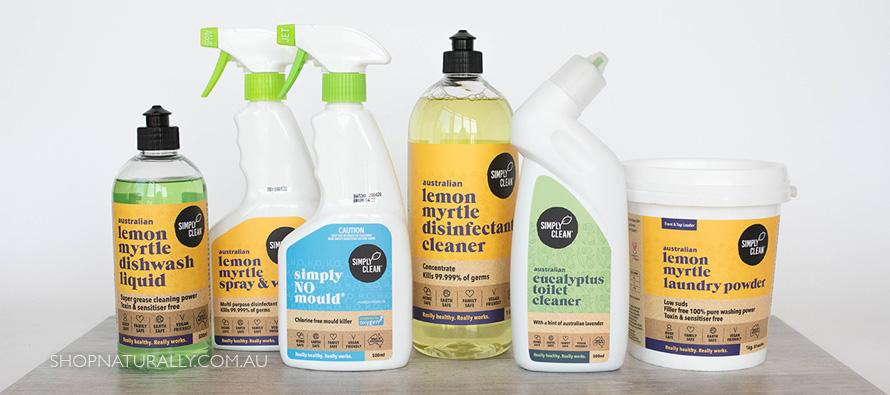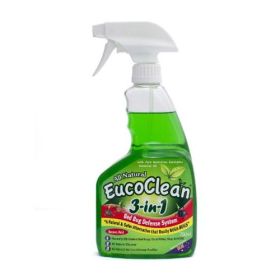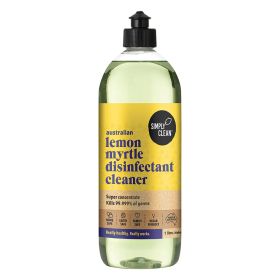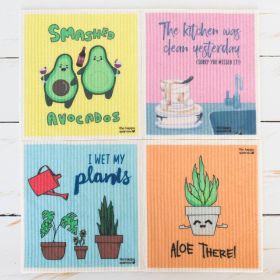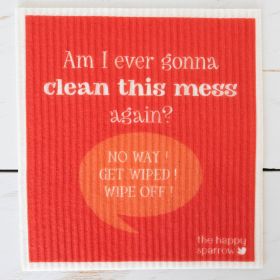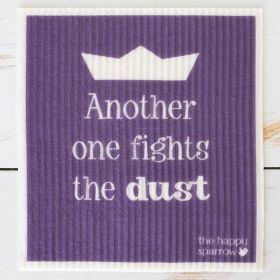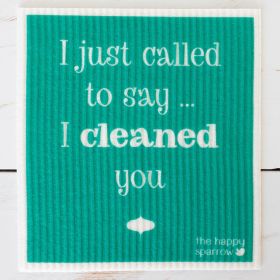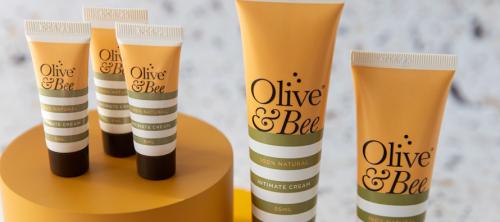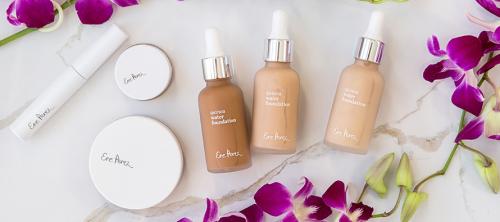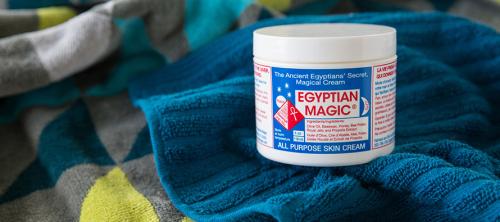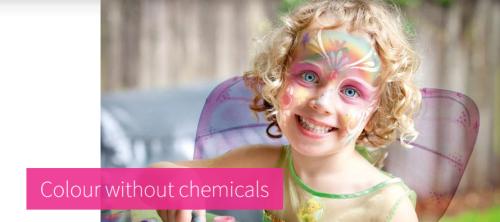Covid Cleaning - professional tips from an Infection Control Expert
If there's one thing we can all agree on, it's that conflicting information and changing advice is causing confusion in the community. Covid cleaning information is important in the middle of a pandemic, and so is the right advice. Last weekend we were pleased to see Professor Brett Mitchell from the University of Newcastle on Weekend Sunrise talking about cleaning for small business during COVID-19. Whether you own a small business, visit a small business and want to ask questions or whether you just want to use the advice for your own home, the following information was taken directly from Professor Brett Mitchell's interview. It's actually great general cleaning advice for all homes for all year around, COVID-19 or not, which is why we chose to document it and share it. We'll be clear below about the advice directly from Brett and our own personal add-ons.
Covid cleaning for small business - what's the best way to keep your home or small business clean?
These 4 words came directly from Brett, in this order, and it's great advice. Thorough routine frequent cleaning. You don't have to run out and buy a lot of expensive products or cleaning implements, just use your regular cleaning products on a regular basis. Be thorough. If you're shopping here, then for your own health and safety, you're probably already using natural cleaning products. They contain the surfactants you need to break down dirt and grime, just like what you find at the supermarket.
Many people who are eco-conscious won't be using paper towel to clean up with, you'll be using something washable and reusable. This wasn't mentioned by Brett, but we feel it's important. You must routinely wash and sterilise sponges and cloths. The following are instructions for cellulose sponges like our Swedish Dish Cloths or the sponges found in our Sponges and Cleaning Cloths category. You should do this daily.
Your options are:-
• Dampen and microwave for 1-2 minutes. If they dry out they will catch fire.
• Run through a hot cycle in the washing machine
• Run through a hot cycle in the dishwasher
If you have done something really gross with a sponge, chances are none of the options above will get it truly clean or safe again. Use a paper towel for jobs that are nasty and then throw it away. If you use a sponge and just can't get it clean again, clean it the best you can and retire it to the bathroom or to a chore that's not cleaning things you eat off. If you've bought something compostable from us, they can just go on the compost heap.
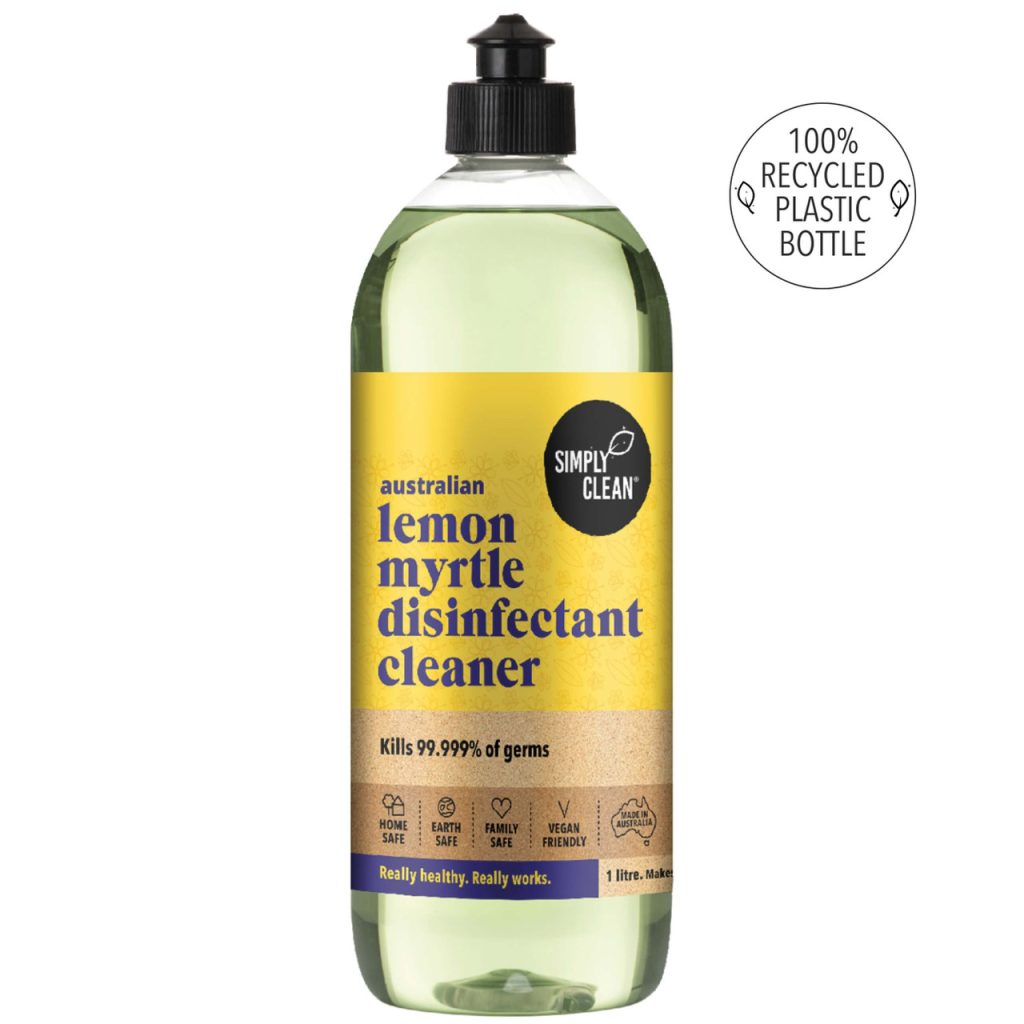
Covid cleaning - should I just be using disinfectant?
Disinfectant on its own is not going to do the job. Professor Brett Mitchell made it clear that using a disinfectant is secondary to thorough routine frequent cleaning. If a surface is dirty and has disinfectant used on it, the process is not effective. Disinfectant should be used on a CLEAN SURFACE. If you're using a disinfectant that contains a surfactant or detergent built in, then it will clean and disinfect in one. The disinfectant from Simply Clean contains polyalkylene oxide, a low foaming biodegradable surfactant, so it will clean and disinfect in one. It also uses the added benefits of the native Australian essential oil Lemon Myrtle to assist.
If you're using a home made recipe for disinfectant, for example, a base of alcohol and essential oils in a spray bottle, there will be no surfactant in this and you will need to thoroughly clean first and disinfect second. Most commercial disinfectants will contain the surfactant you need. Check the ingredients before using.
Covid cleaning - do I need to do a deep clean?
According to the Professor, deep clean is a made up term with no rules. His recommendations were clear. As stated above, be thorough, and clean frequently as a part your regular routine. In the same way that washing your hands with soap and water is more effective at killing any virus than an alcohol based hand sanitiser, regular cleaning with a detergent / surfactant based product is your #1 line of defense.
Virus or no virus, thorough and regular cleaning and ensuring your cloths are clean is all you need to do.
For those who want to learn more about Brett, you can read his profile on the University of Newcastle Australia's website.
